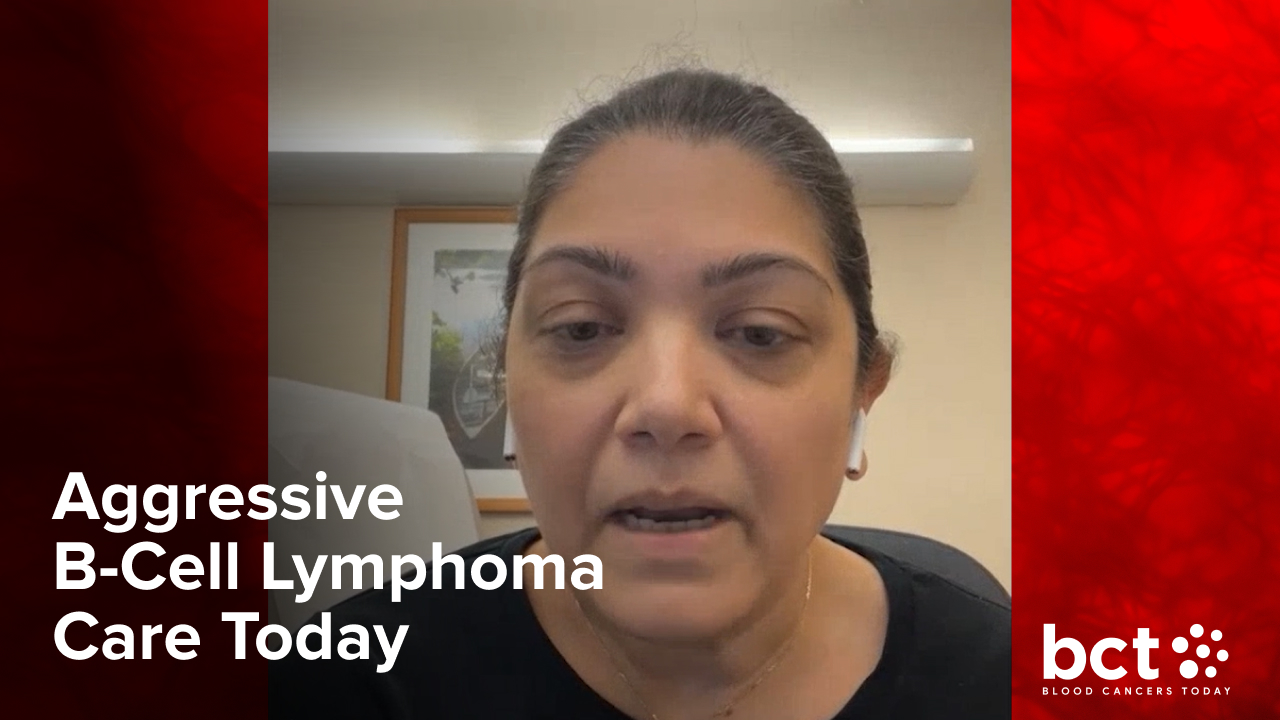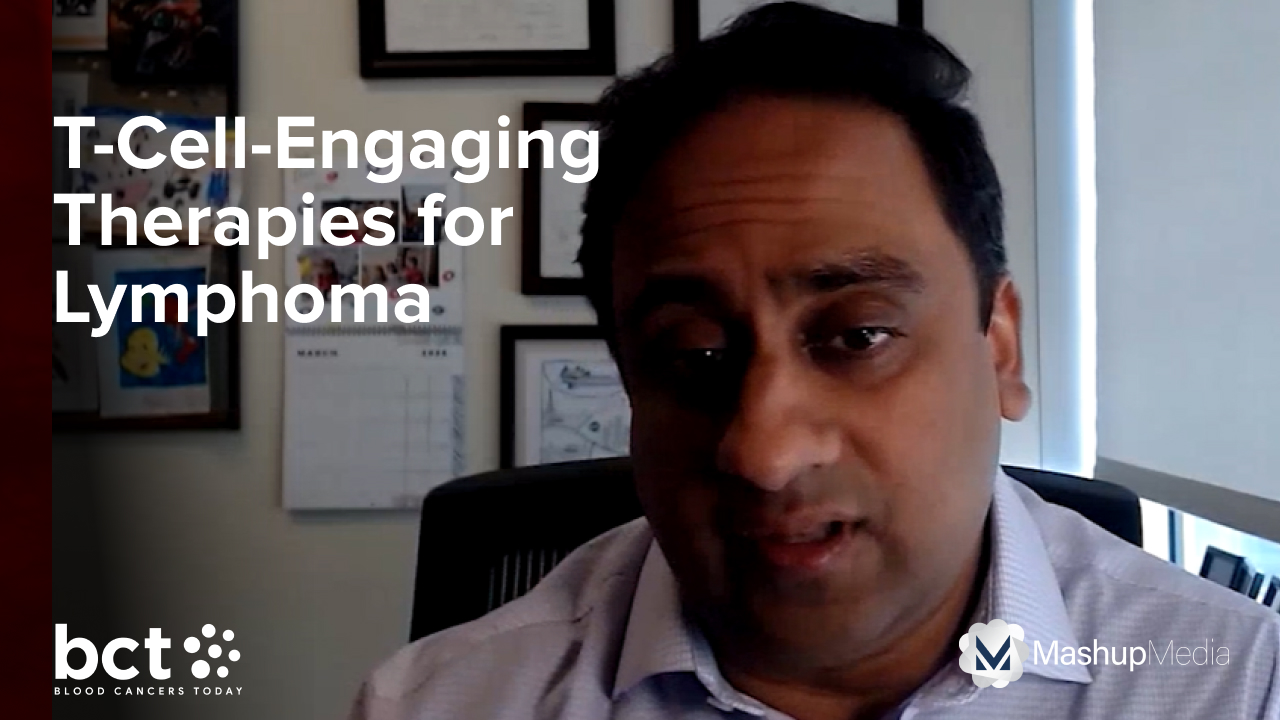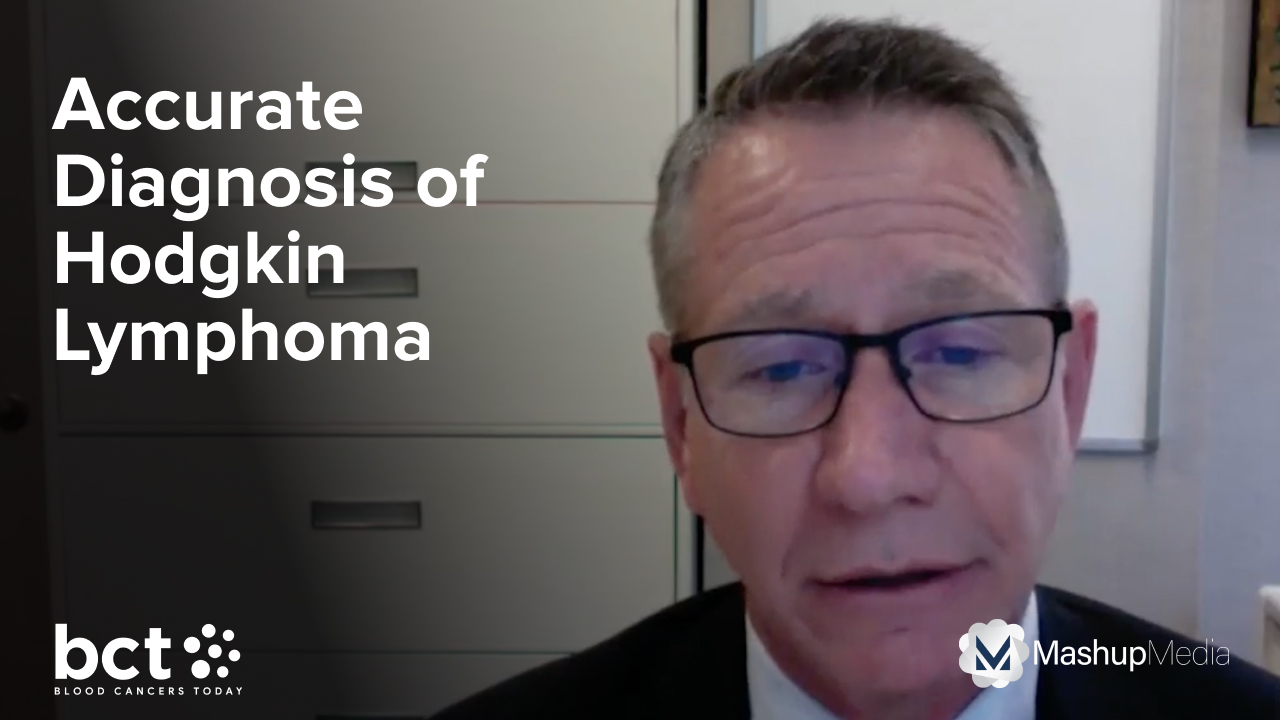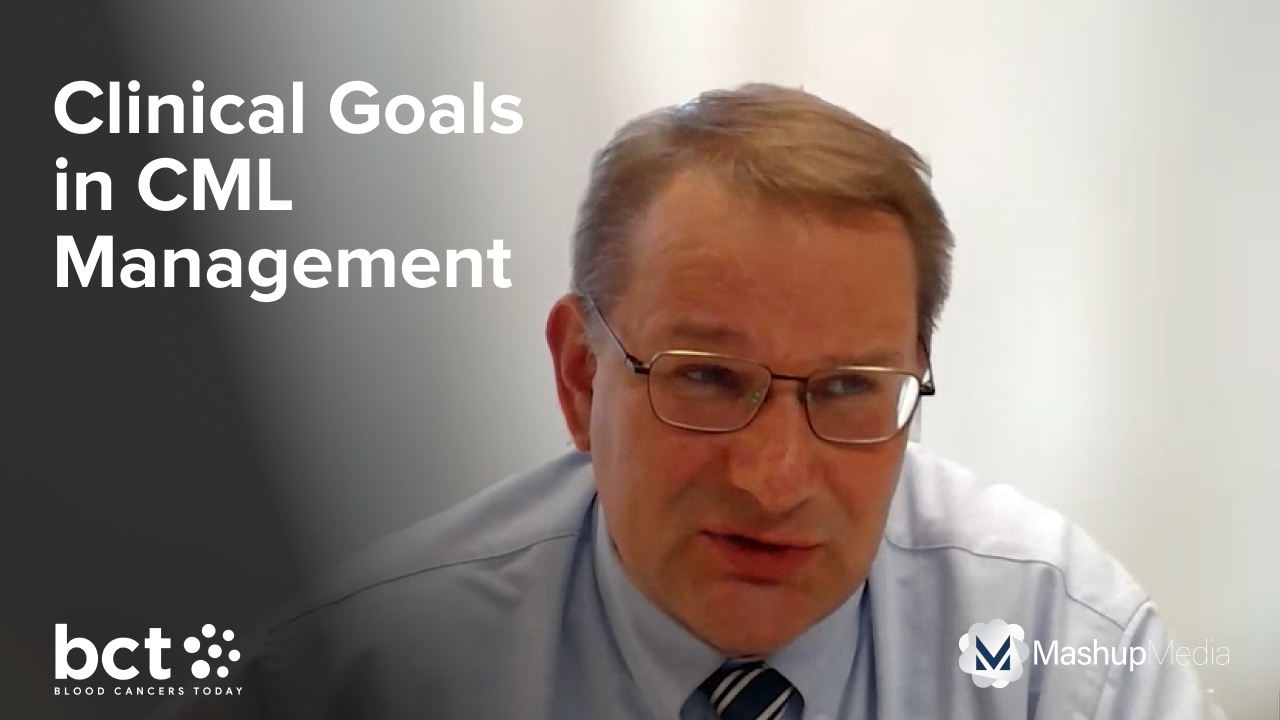What Is the Role of Palliative Care for Patients With Hematologic Malignancies?
By Melissa Badamo, Nicholas Freedman, DO - Last Updated: April 15, 2025For patients with hematologic malignancies, palliative care can play a transformative role in their treatment journey.
At the Tri-State Blood Cancer Conference in New York, New York, Nicholas Freedman, DO, assistant professor of clinical medicine (hematology-oncology) at Penn Medicine, gave a presentation titled “Symptom Management & Supportive Care” in hematologic malignancies, with a special focus on leukemia and lymphoma.
Dr. Freedman spoke with Blood Cancers Today about the role of palliative care, current strategies for symptom management, and what new developments he hopes to see in supportive care in the next 5 to 10 years.
How does palliative care play a role in hematologic malignancies?
Palliative care, especially in oncology, has a few different focuses. One is thinking about symptoms that might come from either someone’s disease or their treatment. That’s things like pain, nausea, fatigue but also issues with mood and sleep or dermatologic issues. The other place that we try to focus is when there are decisions to make about somebody’s disease or their health or transitions. We try to support them in that process to make sure that we’re eliciting from our patients what’s important to them in making sure that the care they’re being provided lines up with what they value most.
What are the current strategies for symptom management and supportive care for these patients?
It can look very different, depending on what somebody is dealing with. It’s anything from prescribing medications to prescribing physical, occupational, or speech therapy; recommending exercise; and reaching out to other team members. For example, we have a social worker on our team who tends to the emotional stress that comes along with cancer treatment.
How are common treatment side effects like thrombosis, cytokine release syndrome, and graft-vs-host disease typically managed?
We serve as an extra set of eyes and ears for the oncologists for these side effects. We’re working closely with our partnering oncologists to identify those issues when they come up and manage them.
Graft-vs-host disease can affect so many different systems in the body. For me, I approach it like any other symptom. I want to know how it affects somebody’s life, what medications or treatments I can offer that might specifically impact it, and how I need to be looping in the oncologist to think about their medications and what other tools they may have to help manage it.
What developments do you hope to see in symptom management and supportive care in the next 5 to 10 years?
I’d like to see more support for nonmedication means of symptom care. In a perfect world, we would be able to offer opportunities for exercise for all of our patients, but we know that there’s a barrier for so many people—whether it’s financial or environmental—in terms of actually getting exercise. I think the same goes for the number of people doing palliative care. We don’t have enough to meet all the people that we’d like to.






 © 2025 Mashup Media, LLC, a Formedics Property. All Rights Reserved.
© 2025 Mashup Media, LLC, a Formedics Property. All Rights Reserved.